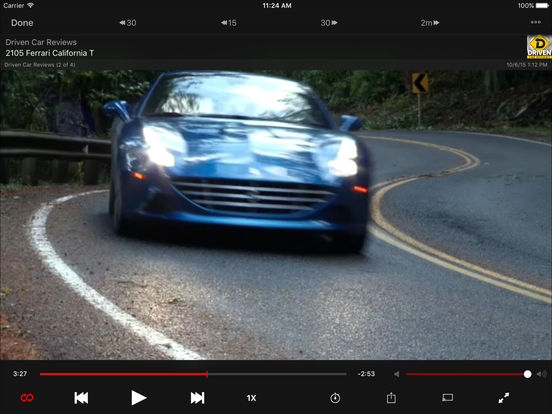
#Reddit downcast uk full#
I went on to score full marks in the communication skills station at PACES, which has gone some way to heal the wound. It is something I practised a lot nevertheless, it’s difficult to sincerely apologise in a hotel room in Bristol in front of two expressionless consultants, and the feedback did not give me much to go on. The scenario involved apologising to a patient in a clinic setting and dealing with several complicating issues. I did not do well on my communication skills station at interview, despite practising a lot. It’s a lot of points lost and that is probably what decided it for me. Unfortunately, academia is sometimes about being wise enough to choose the right time, place and especially person candidates should keep this in mind. Secondly, I was not strategic enough in who I tried to publish with. In hindsight there were lots of excellent opportunities to publish at my university – I did not take these at the time – if you are reading this at medical school, get involved now. What didn’t work wellĪlthough I expended a lot of time through FY1 and 2 trying to get published, and submitted six times, I was never successful. The lectures were quite good and the interview circuits were very valuable. Not essential, and expensive, but I do think that it was reasonably useful.

Although I didn’t get in, both of them did, and I really felt it helped at interview. I had two excellent practise partners, together we would spend quite a bit of time purely on interview simulation, preparing targeted scenarios for each other over skype or in person and giving each other time to practise. It’s also very helpful to have a friend in training to get their thoughts and experiences about the actual job itself.Įqually important is finding a prospective partner who is also going for ST1. I was coached through the process by a good friend who was at that time an ST1 he allowed me to see his portfolio layout and gave me some excellent strategic advice about where to invest my time (for example, interview preparation, as opposed to spending months revising for the Multi-Specialty Recruitment Assessment (MSRA).
#Reddit downcast uk simulator#
For example, anyone should be able to get on the surgical simulator and complete the required hours free of charge, not doing so will unnecessarily put you at a disadvantage. For my year of intake these included the interest in specialty section, audits/QI, multisource feedback and portfolio layout. It is up to the candidate to determine these marks and then aim to receive as many points as possible (Figure 1). There are parts of the application process which do not require luck, cunning or excellence, but rather only time and effort. All was not lost though, and what follows may be of help to the prospective applicant in seeing where I fell short. Some words from the interview course I had attended became bitterly relevant at this point: ‘an appointable score means nothing’.

Whichever way you look at it, at that point you have ‘missed the target’, at least for the time being. As the focal point of my career at that time dissipated into thin air I felt initially rather downcast.

I was ranked 98th there were 71 jobs available for that year. I applied to the ST1 2020 intake and received an ‘appointable’ score of 215.5/300.

It’s important to try and see beyond the crucible of ST1 application and keep your mind on why you want to be an ophthalmologist. Ophthalmology is in many ways a beautiful specialty, from the subject matter to the daily practice. The following article contains some practical advice, experience and some reflections which I hope will be of interest to prospective candidates and anyone involved in the recruitment process. The majority of candidates each year will fail. Candidates and trainees tend to cultivate a certain urbane and confident style, and the bottleneck at ST1 can feel rather intense. Ophthalmology is often considered to be an elite, highly competitive specialty, with little room for failure.


 0 kommentar(er)
0 kommentar(er)
